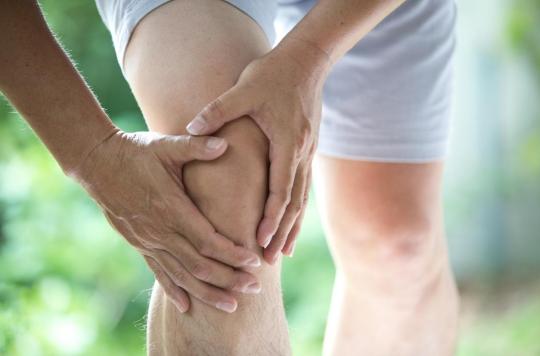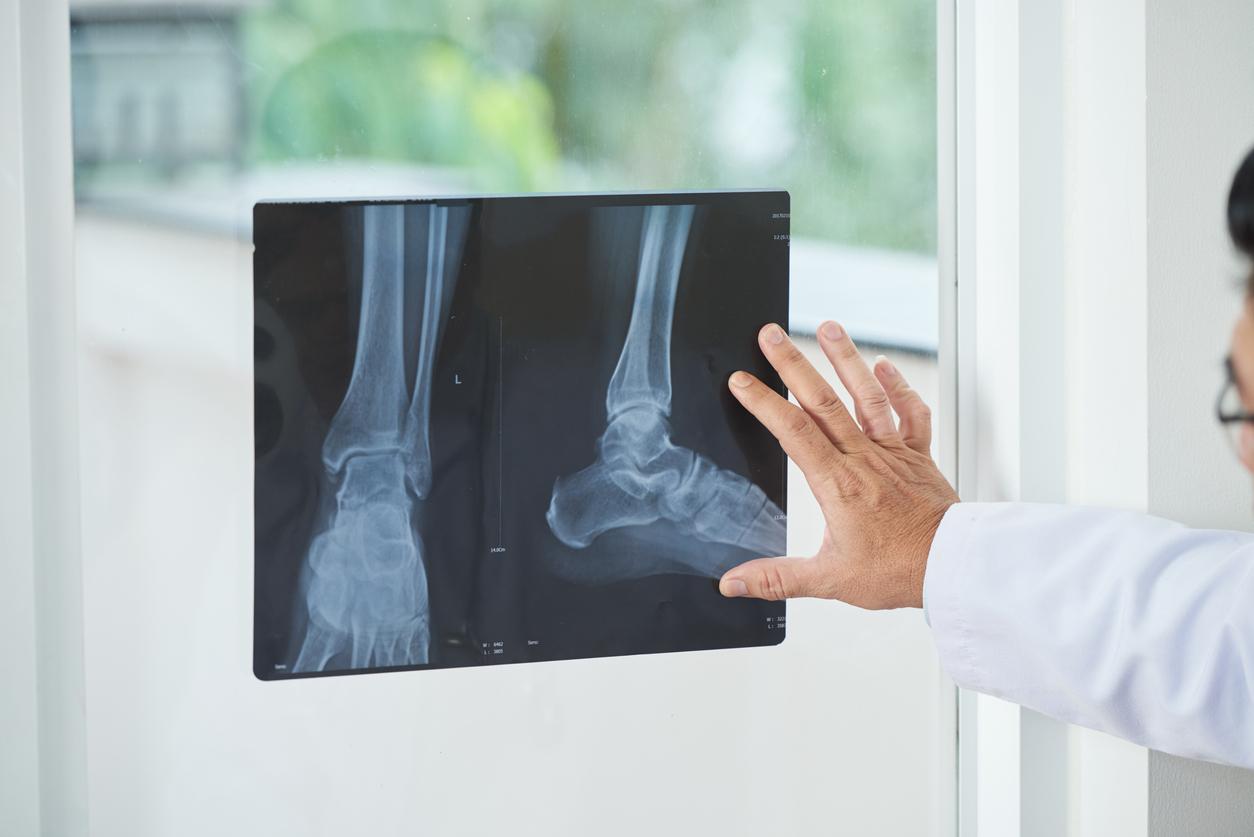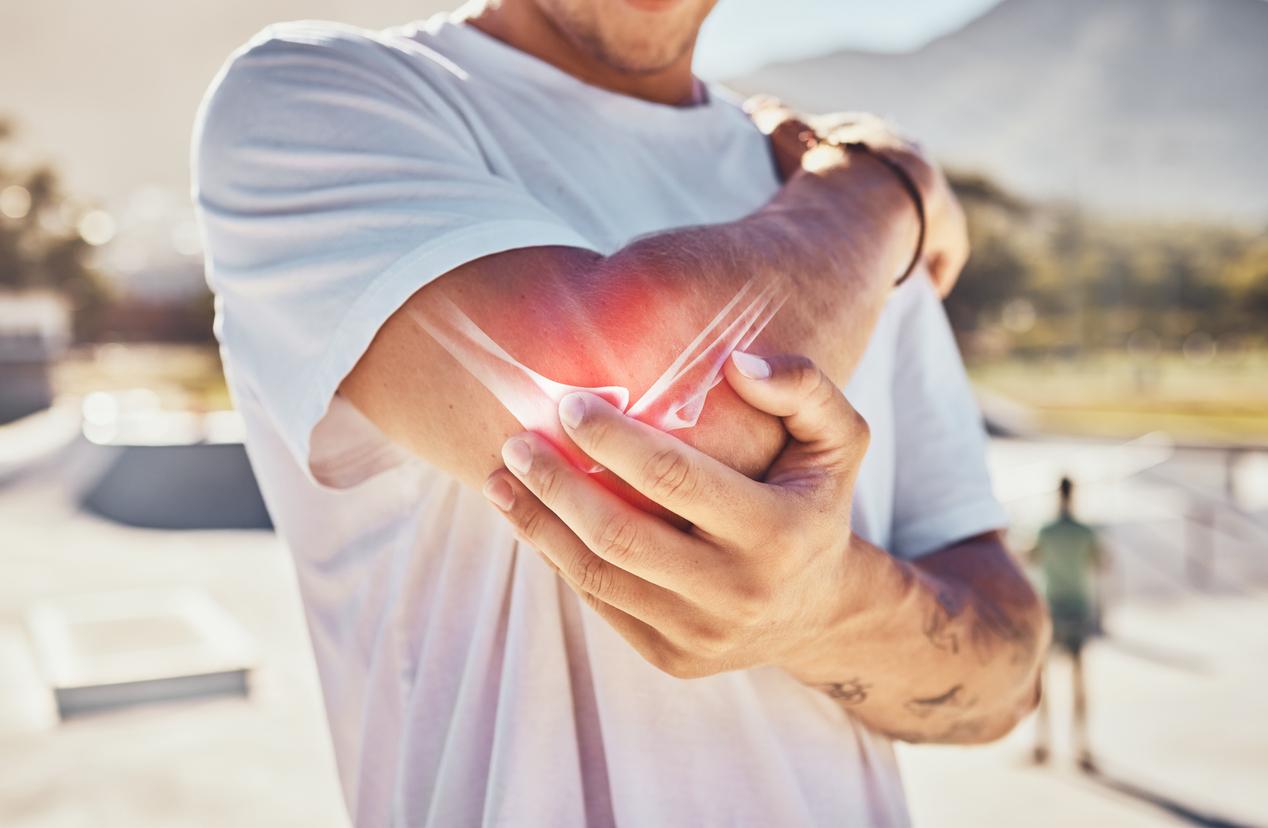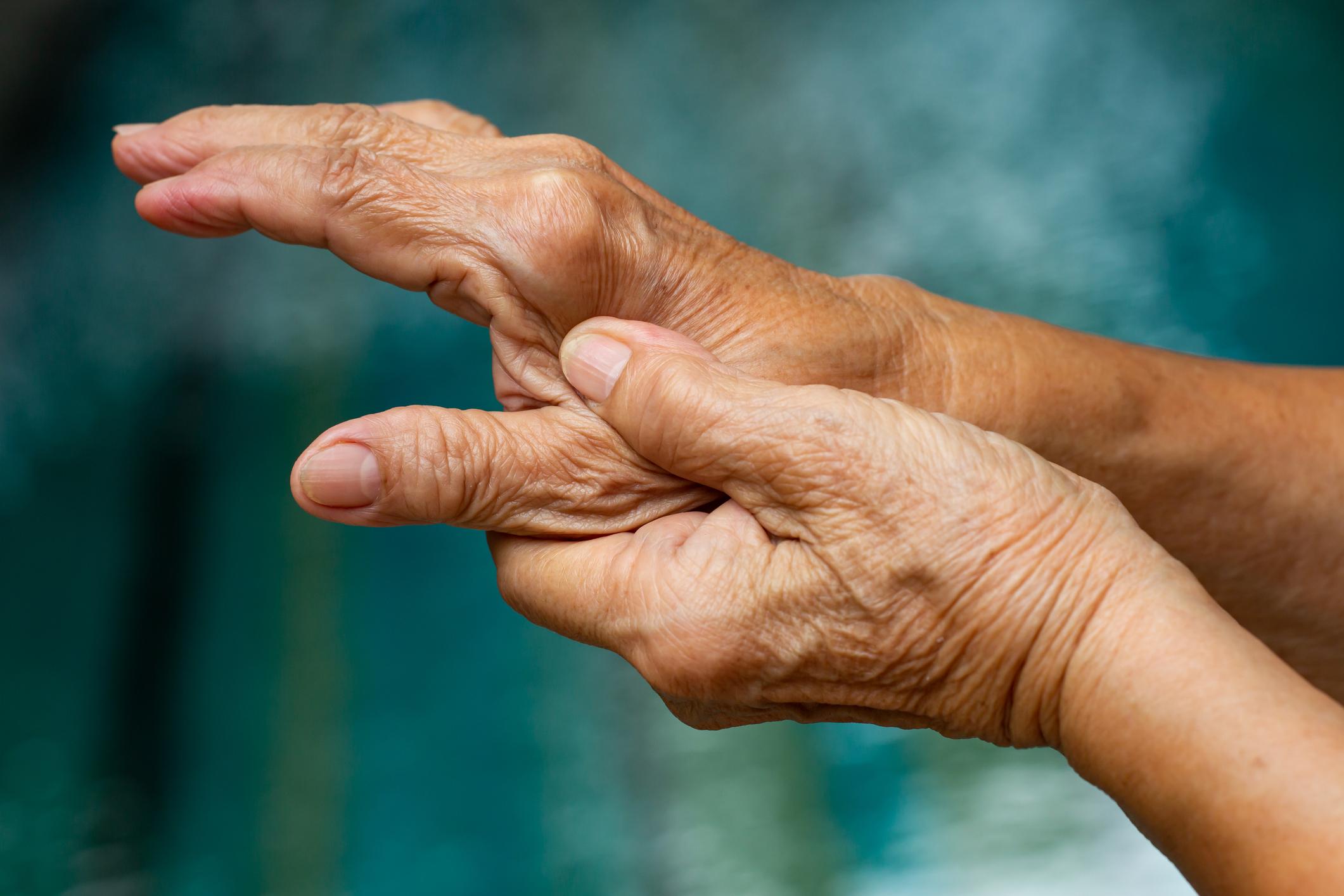A laboratory in Milan has just developed a chip which, when subjected to mechanical stress, faithfully reproduces the effects of osteoarthrosis.

It’s a device that’s no bigger than a coin but could speed the development of treatments for osteoarthritis. An Italian laboratory has developed a simple chip on which cartilage is grown, which now makes it possible to reproduce all the effects of this disease in order to test new therapeutic approaches.
Even better, experimenting with this revolutionary device presented in Nature Biomedical Engineering showed that the mechanical hyperstimulation of the cartilage that this chip allows induces a pathology linked to osteoarthrosis without the need to resort to the administration of inflammatory molecules.
The most common musculoskeletal pathology
Osteoarthrosis is the most common musculoskeletal disease. From the age of sixty, 10% of men and 20% of women will suffer from it. Unfortunately, this number is expected to increase due to the aging of the population. However, despite this trend, patients find themselves confronted with a total absence of pharmaceutical products capable of relieving symptoms but also of arresting or reversing degenerative processes. In fact, palliative treatments or surgery are currently the only valid options.
And the development of effective drugs is hampered by the lack of experimental models capable of properly reproducing the disease. Until now, the most common approach to reproduce osteoarthritis in vitro was based on the administration of high doses of molecules to cartilage explants. But the osteoarthritis thus obtained only partially represents the final symptoms, instead of demonstrating the pathological process in real time.
More realistic and effective reproduction
The new chip, on the other hand, uses mechanical stress, representing one of the factors most closely linked to the development of osteoarthritis, and is therefore more realistic and efficient in its development and pharmacological screening procedures.
Experiments with the new device have shown that it is possible, by appropriate compression of the cartilage, to create typical symptoms of osteoarthritis: inflammation, hypertrophy and a degenerative process. The Italian laboratory’s “chip” therefore represents an ideal environment for testing the effectiveness and mechanisms of pharmacological treatments, shortening the time and cost of experimentation while reducing the need for animal testing.
.

















